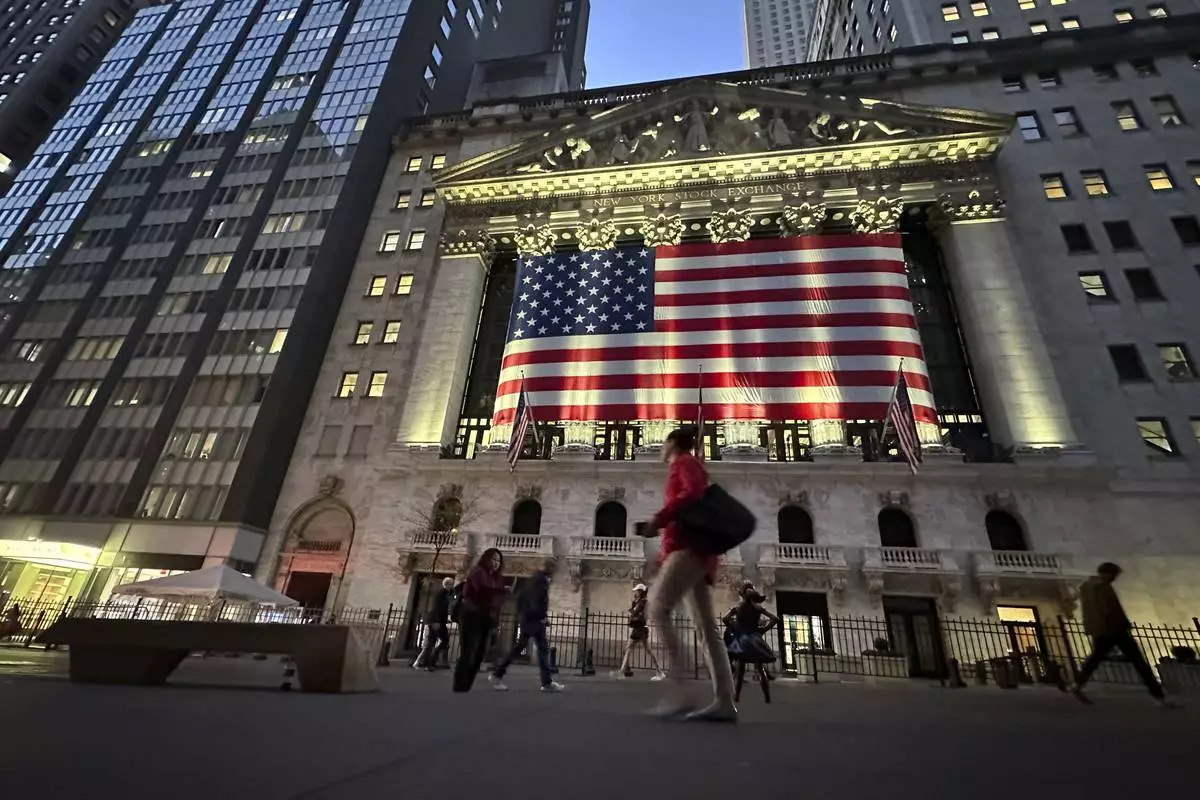ARLINGTON, Va.--(BUSINESS WIRE)--Nov 19, 2024--
Capterra’s 2025 Tech Trends Report reveals that 59% of global businesses regret at least one software purchase made in the last 18 months. Despite this, 75% of organizations are planning to increase their software spending in 2025, with a significant focus on IT systems and artificial intelligence (AI). This global survey of over 3,500 businesses highlights the ongoing challenges and opportunities for software buyers and vendors.
This press release features multimedia. View the full release here: https://www.businesswire.com/news/home/20241119695741/en/
Over half of businesses with regretful software purchases describe the financial impact as “significant” or “monumental.” Beyond financial consequences, 42% report increased costs, and 34% say their bad purchase led to a competitive disadvantage. As software budgets grow, businesses must refine their purchasing processes to avoid repeating past mistakes.
The report reveals key trends in software investments for 2025:
“Software is integral to business operations, yet many organizations still struggle to make the right purchasing decisions,” says Brian Westfall, principal analyst at Capterra. “With software spending set to increase in 2025, especially in AI and IT, businesses have an opportunity to refine their evaluation processes and make more informed choices.”
For more insights and strategies to reduce purchase regret, read the full report and visit Capterra.com to compare software products on the Capterra Shortlist.
About Capterra
Capterra is the #1 B2B marketplace for organizations to find the right software and services. Our platform connects buyers to over 2 million verified user reviews about products and services spanning 1,000 categories and offers actionable, objective insights and recommendations to help them find the best product or service for their specific business needs.


According to Capterra's 2025 Tech Trends Report, security, IT and software development as well as marketing and communications software are the categories with the highest levels of purchase regret. (Graphic: Business Wire)
Wall Street was poised to open with losses early Tuesday as more prominent U.S. retailers report their latest financial results.
Futures for the S&P 500 declined 0.3% before the bell, while futures for the Dow Jones Industrial Average were down 0.5%. The declines come as tensions flare between Ukraine and Russia with the war reaching 1,000 days.
Walmart jumped 3.6% in premarket after it beat Wall Street's sales and profit targets and raised its outlook for the year. Walmart is among the first major U.S. retailers to report quarterly results and provides a peek into how Americans are feeling as they head into the holiday shopping season.
Home improvement chain Lowe's also beat analyst estimates and raised guidance but its shares were down 1.4% before the bell.
Super Micro Computer soared 26% after the server company announced it had hired BDO to be its independent auditor and submitted a compliance plan to the Nasdaq Stock Market to remain listed. Super Micro had lost more than half its value since its previous accounting firm, Ernst & Young, resigned on Oct. 30, saying it could “no longer be able to rely” on representations from the company’s management and audit committee.
Other big companies set to report this week include chipmaker Nvidia and Target on Wednesday and Deere on Thursday.
Nvidia, with a total market value of nearly $3.5 trillion, will need to hit analysts’ high expectations for growth during the latest quarter to justify its big stock price, which has surged 183% this year.
In Europe at midday, Germany's DAX lost 1.3%, while the CAC 40 in Paris sank 1.5%. Britain's FTSE 100 shed 0.5%.
In Asian trading, Tokyo's Nikkei 225 rose 0.5% to 38,414.43 and the Kospi in Seoul picked up 0.1% to 2,471.95.
Chinese shares rebounded from early losses. They have wavered under concern over potential tariff hikes on by President-elect Donald Trump’s future administration and worries that recently announced stimulus policies won't have enough impact to break the economy out of the doldrums.
The Shanghai Composite index rose 0.7% to 3,346.01, while Hong Kong's Hang Seng dipped and then recovered, adding 0.4% to 19,663.67.
India's Sensex jumped gained 0.3%, while the Taiex in Taiwan surged 1.3%. In Bangkok, the SET gained 0.7%.
In other dealings early Tuesday, benchmark U.S. crude oil shed 26 cents to $68.91 per barrel in electronic trading on the New York Mercantile Exchange.
Brent crude, the international standard, declined 19 cents to $73.11 per barrel.
The dollar fell to 154.16 Japanese yen from 154.67 yen. The euro slipped to $1.0570 from $1.0599.

FILE - People pass the New York Stock Exchange on Nov. 5, 2024, in New York. (AP Photo/Peter Morgan, File)

Currency traders pass by a screen showing the Korea Composite Stock Price Index (KOSPI), left, and the foreign exchange rate between U.S. dollar and South Korean won, center, at the foreign exchange dealing room of the KEB Hana Bank headquarters in Seoul, South Korea, Tuesday, Nov. 19, 2024. (AP Photo/Ahn Young-joon)

Currency traders work near a screen showing the Korea Composite Stock Price Index (KOSPI), left, and the foreign exchange rate between U.S. dollar and South Korean won, center, at the foreign exchange dealing room of the KEB Hana Bank headquarters in Seoul, South Korea, Tuesday, Nov. 19, 2024. (AP Photo/Ahn Young-joon)

A currency trader reacts near a screen showing the Korea Composite Stock Price Index (KOSPI), left, and the foreign exchange rate between U.S. dollar and South Korean won at the foreign exchange dealing room of the KEB Hana Bank headquarters in Seoul, South Korea, Tuesday, Nov. 19, 2024. (AP Photo/Ahn Young-joon)















